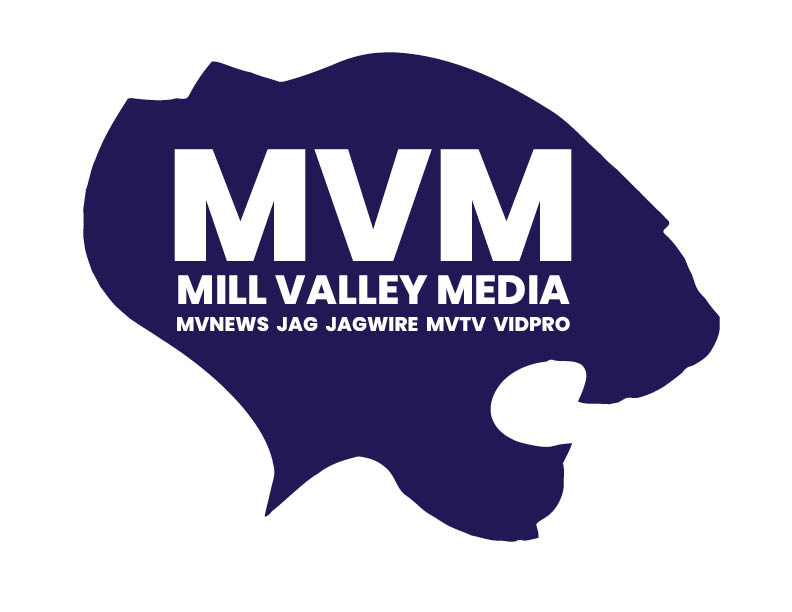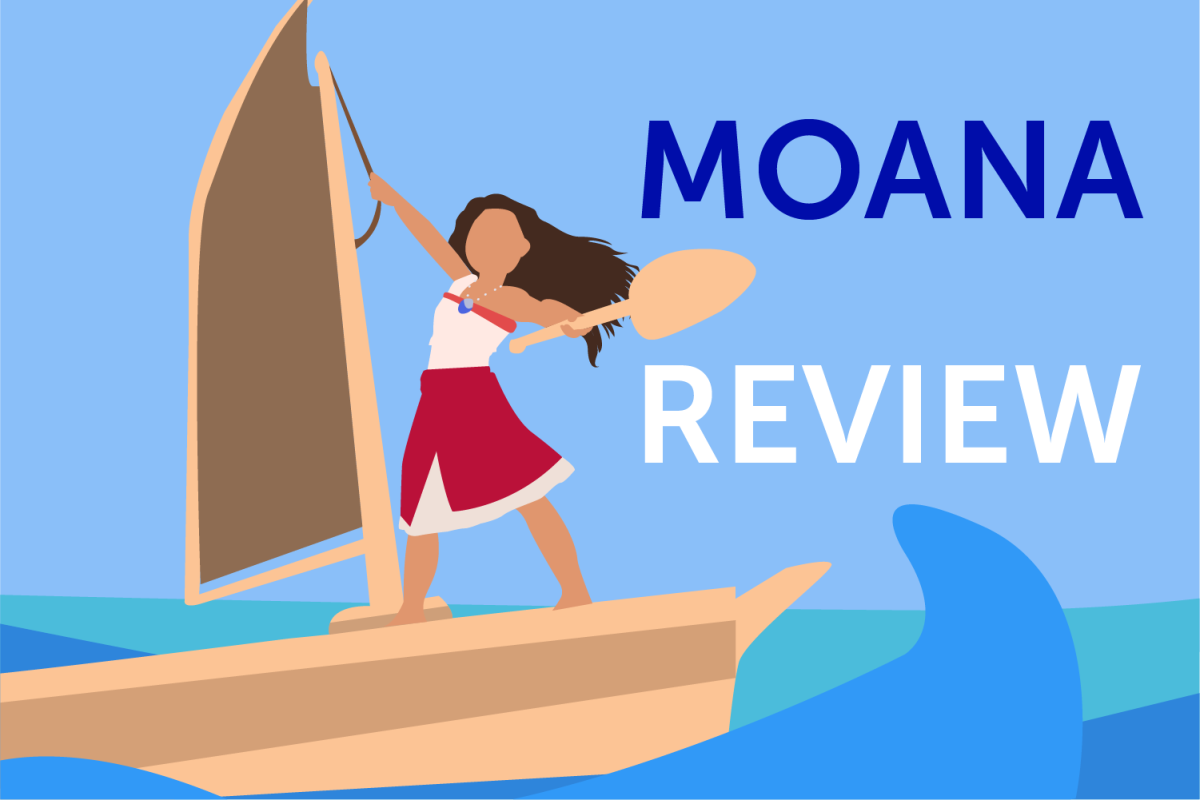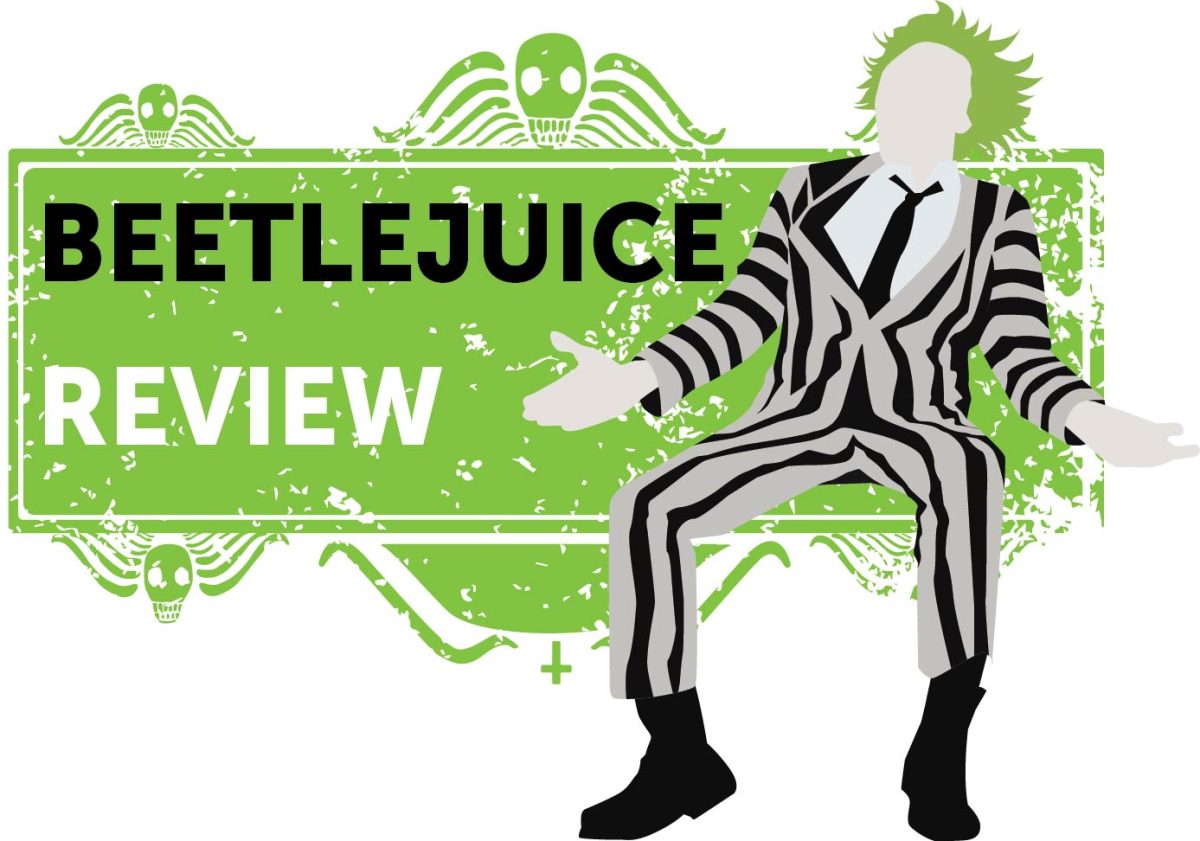Among endless stacks of colonial founder’s worksheets, hefty history textbooks and bulging binders on senior Emily Adam’s desk last year, one small electronic device stood out. Adams began bringing her Kindle to school her junior year to reduce the amount of paper she used in her Advanced Placement U.S. History class.
“There used to be at least nine pages of notes per PowerPoint in History. Once I got my Kindle, I probably saved one of those thick packages of printer paper,” Adams said.
Adams is just one of the many users taking part in the eBook revolution. Barnes and Noble expects revenue from its Nook sales to double in 2012, moving from $880 million to $1.8 billion. Amazon reported that for the first time in June 2010, its eBook sales outshined hardcover books two to one. Journalist and government researcher Kevin Kosar said technology plays a large part in the popularity of eBooks.
“People dig technology,” Kosar said via phone. “The availability of lots of free books has encouraged people. $200 for a library of free books makes sense.”
School media specialist Andy Shelly agrees.
“There is obviously a market for eBooks, for those who feel comfortable with the technology,” Shelly said.
However, Shelly is confident that eBooks will never fully replace hard copy books.
“I do not believe that paper books will ever disappear,” Shelly said. “There is a learning curve and a cost for technology.”
According to senior Tyler Kile, the cost for his Nook was roughly $250; however, Kile did not always feel eBooks were worth the price.
“I thought they were ruining literature forever. Now I just think they are pretty cool and convenient,” Kile said.
In an article in the Washington Post, Borders CEO Mike Edwards said that eBooks, along with a bad economy and a changing book industry, were the reason that their store was closing its doors after 40 years in business.
“We put up a great fight, but regrettably, in the end, we weren’t able to overcome these external forces,” Edwards said in the article.
Communication arts teacher Adam Wessel argues that if a piece of technology sparks a student’s interest in reading, then eBooks are worth it.
“Students today are very technologically advanced, so if you can incorporate what they love to get them to read, great,” Wessel said.
Sophomore Toby Parrish agrees.
“Reading is so annoying. Books get bent up so easily, it’s a hassle to carry them,” Parrish said. “If I had a Kindle, I would definitely read more books. It’s way more manageable, there are no pages to tear or flip through, and everything is in one convenient place.”
Shelly is trying to bring Convenience to the library. According to Shelly, the library expects to purchase several eBooks this year.
“In terms of the library I am seriously looking at picking up some eBooks this year,” Shelly said. “However, the eBooks that I am looking at picking up are most likely going to be more nonfiction titles, which would support the curriculum in the classroom.”
According to Shelly, students would log on to the library catalog, type in the name of the eBook, and a reader would pop up. Despite this step forward into bringing eBooks into school, Shelly does not know if eBooks as textbooks will play a role anytime some.
Adams purchases textbooks outside of school.
“Amazon has a store that you go to to download books on a Kindle. As long as you have your credit card hooked up to the site, you can purchase books as you please,” Adams said.
At the same time Wessel believes that there is something special about paperbacks.
“Being a traditionalist, there is a special connection between holding a book and flipping pages,” Wessel said.
Adams believes that because of a love for paperbacks, eBooks will never completely overtake them.
“I love the smell of old books, new books,” Adams said. “It’s like cut grass to other people.”








